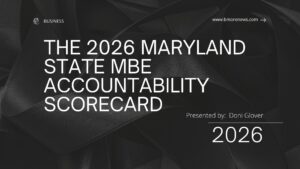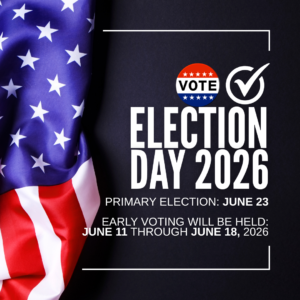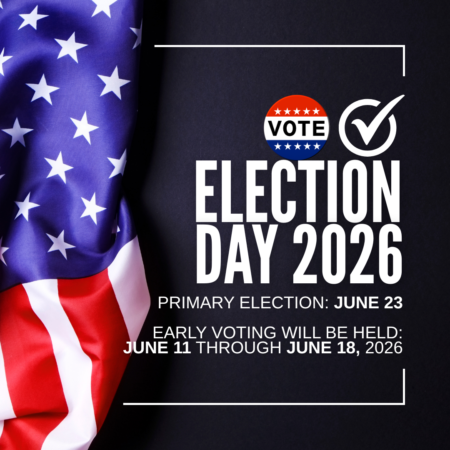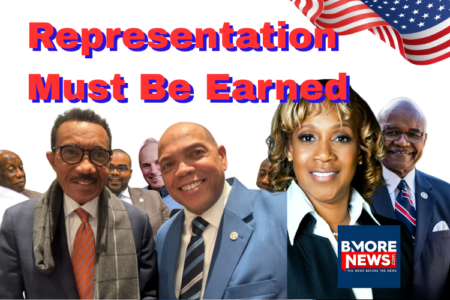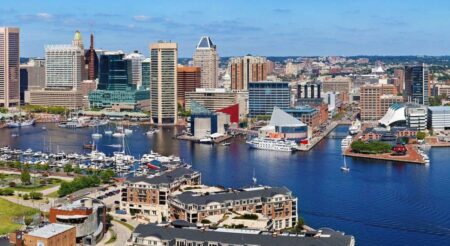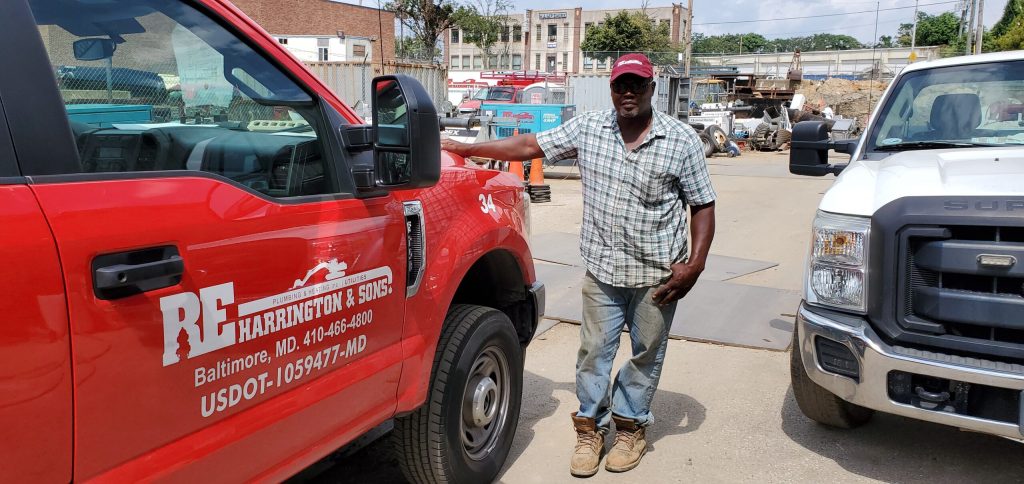Dear Black Community,
Many of us are deeply troubled by the actions of the current U.S. president. Likewise, we cannot ignore the egregious decisions of his counterpart from South Africa, Elon Musk. Like you, I am frustrated by the direction in which this country is headed. Just days ago, General Charles O. Brown, the Joint Chiefs of Staff Chair, was dismissed. Chief of Naval Operations Lisa Franchetti was also fired.
In light of Donald Trump’s actions, I pose a critical question: Are we practicing diversity, equity, and inclusion within our community? We criticize Trump, but do we not sometimes treat each other with the same disregard?
Dr. Michael Zollicoffer, a respected Maryland physician who has served our community for years, recently made a powerful statement on our daily broadcast: “We don’t like poor Black people.” He reflected on when doctors, teachers, and lawyers lived in the same neighborhoods—when we were unified, less divided by social class, and moved as one.
Today, decades after integration, many of us have migrated beyond the city limits. In Baltimore, for instance, generations have moved from West Baltimore to areas like Woodlawn, Randallstown, and Owings Mills. I have family there. I’ve spent time in these communities. And while I love these areas, I’ve noticed something troubling: With the move often comes a sense of privilege and detachment. Some of us look down on where we came from, distancing ourselves from the struggles of our city brethren. Social scientists call it brain drain—when our brightest minds leave and never look back.
Too often, when we reach the suburbs, we think the fight is over. We become politically disengaged. We don’t attend County Council meetings in Towson. We don’t know our County Executive or our council representatives. We skip PTA meetings. Yet, we convince ourselves that we have arrived—our schools seem better, our shopping options improve, and we fall into the illusion that life is just fine.
Of course, this isn’t a blanket statement. There are always those who remain committed to Black progress—people like the late Ella White Campbell and Dr. Cheryl Pasteur, who never lost sight of the bigger picture. But too many of us have become disconnected from our people’s broader struggle.
Let me be clear: The fight is not over. Yes, Baltimore City faces more significant urban challenges than the county. Yes, poverty looks different in the city than in the county. Yes, the county has better schools. But even in Baltimore County, we remain divided. This is why two NAACP branches serve the same community—we cannot find a way to work together. And while Baltimore City’s NAACP has its challenges, this is not the time for division.
Yesterday, at the Black Wall Street Expo 2025 at the Downtown Cultural Arts Center, we welcomed participants from not just Baltimore – but Washington, D.C., and Prince George’s County. We saw people from all walks of life—corporate executives, aspiring entrepreneurs, seasoned CEOs, and even young authors just beginning their journeys. It was a beautiful display of unity, and I wish that spirit extended beyond the event.
We must recognize the value in all of us. People say Black folks are not monolithic. But when it comes to racism, we are.
Consider what recently happened in the 41st district: A Jewish woman was chosen to represent a majority Black district. Rather than supporting their Black brother, two Black women entered the race themselves, splitting the vote. The result? We lost a state Senate seat that should have remained Black. We should be ashamed.
Meanwhile, Councilman Julian Jones is running for County Executive in Baltimore County. I hope he wins. But where is our strong bench of candidates? While other groups play chess, too many of us are still playing checkers.
Wake up, Black people! The time for petty divisions is over. Other communities are out-marrying, out-performing, and, most importantly, out-uniting us. If we want real change, it starts with us—together.
The time is now.

